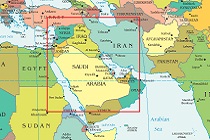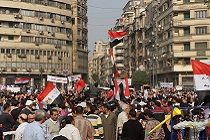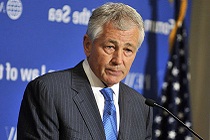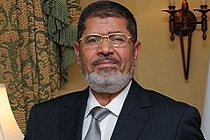U.S: Losing friends, gaining nothing
Following Indian diplomat Devyani Khobragade’s expulsion, ties between India and the U.S. have hit a new low. This comes at a time when the two countries should be working closely to address the changing security matrix in Asia









